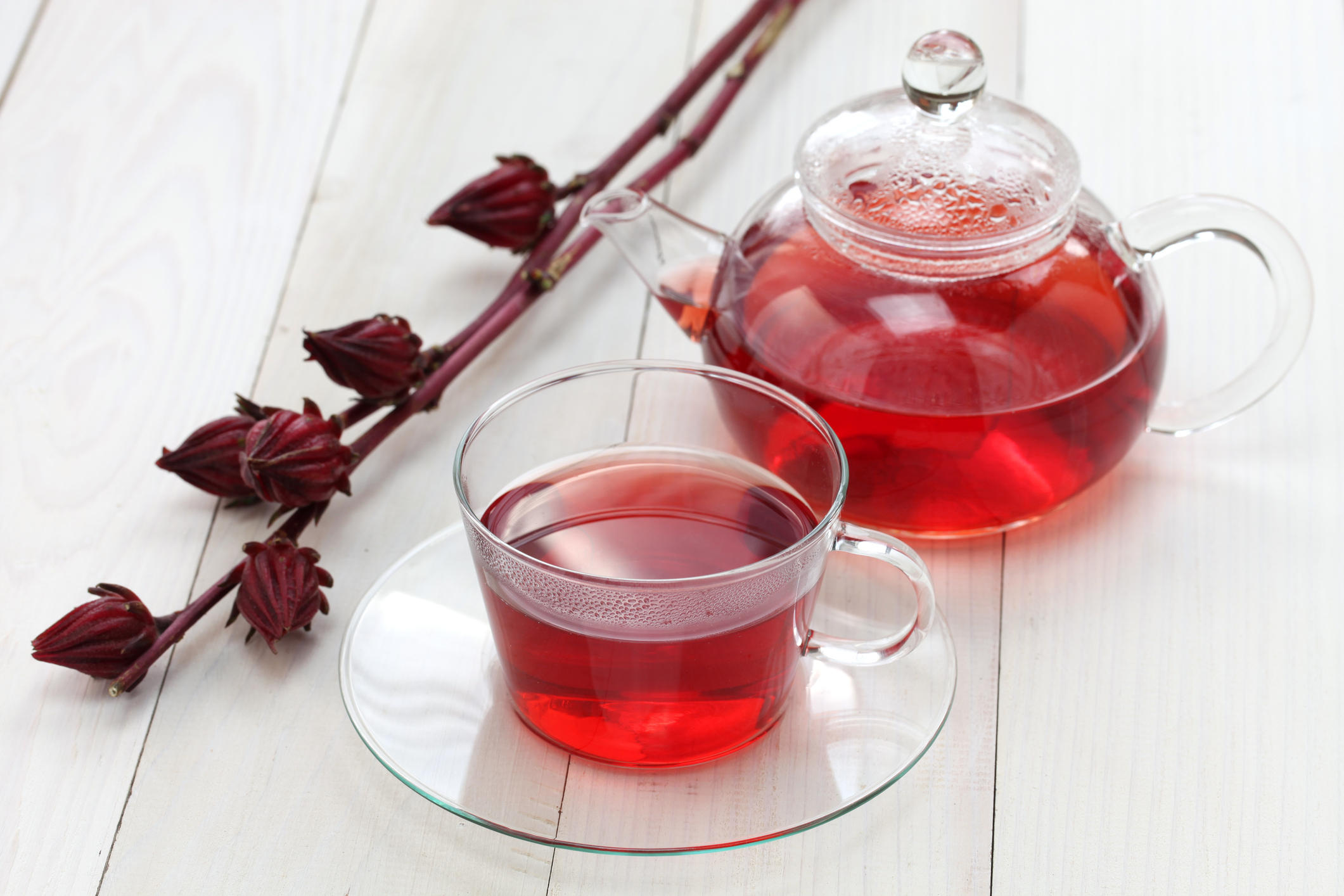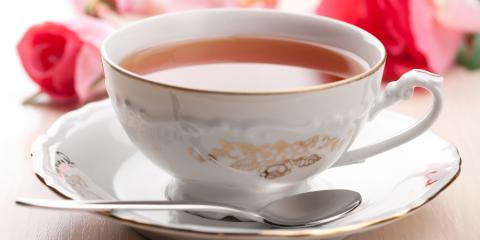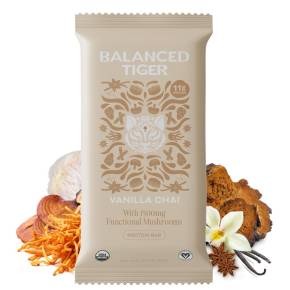Like a road map, your body has central arteries, secondary routes, and narrow, winding backroads. At the center of it all lies your heart, the capital city that pumps 2,000 gallons of lifeblood via electrical impulses and muscular contraction of approximately 100,000 heartbeats per day.
No organ symbolizes life and humanity as exquisitely as this fist-sized muscle, and fortunately there’s much you can do to keep it functioning well.
Commonsense Approaches to Heart Health
First and foremost, a healthy diet, regular exercise, avoidance of toxic chemicals, stress management, and adequate sleep form the backbone of a heart-healthy routine.
When it comes to diet, choose vegetables and some berries and fruit (ideally five to 10 servings per day), high-fiber legumes, nuts, seeds, and whole grains, cooked mushrooms, cold-water wild-caught fatty fish, and healthy fats from olive oil and avocados. Antioxidant-rich dark chocolate/cacao, green tea, and red wine/dark purple grape juice can be enjoyed in moderation.
Our best heart-tonic remedies easily cross the food-supplement divide.
Hawthorn Berries, Leaf & Flower
Hawthorn (Crataegus spp.) earned its reputation for heart health over thousands of years of traditional use alongside impressive modern clinical studies.
It offers not one but many beneficial actions for the heart and blood vessels. Hawthorn decreases oxidative damage and inflammation, normalizes and reduces blood pressure, modestly reduces cholesterol, dilates blood vessels, improves oxygen utilization, strengthens the structure and function of the heart, reduces blood stickiness (also known as platelet aggregation), protects against injury and helps with healing from cardiovascular events, improves heart rhythm, reduces chest pain and angina, strengthens the heart in congestive heart failure, and helps maintain smooth blood vessel lining.
Herbalists also use hawthorn flowers to open the heart’s emotions and heal from grief and a broken heart. Hawthorn blends well with rose blossoms, holy basil, lemon balm, and/or motherwort.
Double-check for herb-drug interactions. Notably, hawthorn may increase the hypotensive effects of ACE-inhibitor blood pressure medications like lisinopril.
Besides that, hawthorn is very safe and well tolerated but takes steady doses for a month or longer for the effects to kick in. Consider it a long-term addition to your routine if you have heart disease or fear a family history of it. Solid extracts, standardized capsules, and formulas that combine all three parts are your best bets for potency.
Hibiscus Tea
This cranberry-like sour tea comes from the flower calyx of Hibiscus sabdariffa; it’s popularly consumed in Mexico and the Caribbean as “rosa de jamaica” and roselle and is frequently added to fruity and zinger commercial tea blends.
Several human studies have shown that hibiscus is one of our most effective yet safe herbal options for hypertension. It rivals popular hypertension medications captopril, lisinopril, and hydrochlorothiazide with good tolerability and without potassium loss in human studies.
Hibiscus also reduces bad cholesterol, triglycerides, and blood sugar. The dose is much higher than your typical cup of tea. Aim for 10 to 20 grams of dried hibiscus per day (spread out over one liter or several cups of tea), steeped for 30 minutes.
Though safe and food-like, it may alter and speed the clearance of some medications. Fruit acids in hibiscus tea can be corrosive to tooth enamel over time, so consider brushing your teeth or at least rinsing after you sip.
Feel free to blend hibiscus with rooibos, another red-hued tea that has performed well in cardiovascular health studies, as well as hawthorn.
Garlic
Even though the “stinking rose” does not drop cholesterol and blood pressure numbers dramatically, it’s still a worthy daily heart tonic.
Garlic has various beneficial actions for the heart and blood vessels. Alongside modest cholesterol and blood pressure reduction, garlic helps make the blood less sticky and thick (reduced platelet aggregation, atherosclerosis, inflammation, and fibrin).
Garlic is a blood thinner and should not be combined with blood-thinning medications. Use it in food (chop and let sit 10 minutes) or pills. If you find garlic odor offensive or get digestive upset, try aged garlic extract.
Other heart remedies include omega-3 fatty acids (especially from fish oil and cold water fatty fish), high-polyphenol cacao, turmeric, and food doses of rosemary. Whether you take them as supplements or eat them regularly, they’re easy to include in your heart-healthy daily routine.





